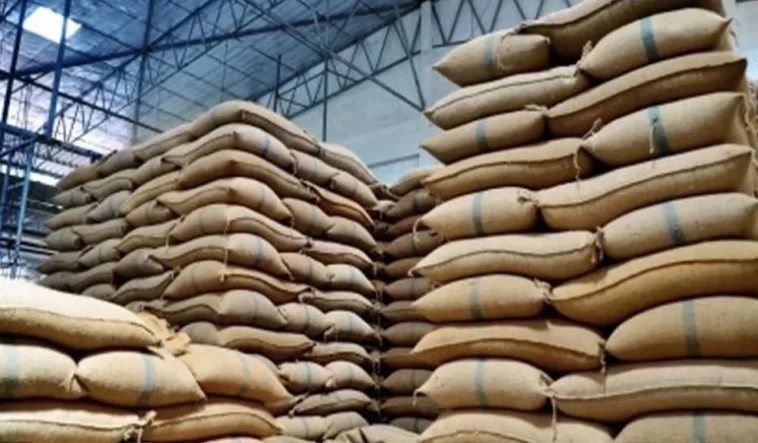There is no scarcity of wheat in the nation, according to federal minister for national food security and research Tariq Bashir Cheema, and the strategic stockpiles are adequate.
The minister told a press conference in Islamabad that he will suggest to the Prime Minister that wheat be supplied to the city’s flour mills through Pakistan Agricultural Storage & Services Corporation (PASSCO).
The minister emphasised that 38,000 bags of 20kg are needed each day for Islamabad’s forty wheat mills. According to him, the Punjab government is underfunding these wheat mills, which causes a daily shortfall of 17,000 bags. He claimed that the cost of wheat flour has increased because the millers are purchasing on the open market to make up the shortfall.
He recalled that Punjab had requested the federal government to make up the difference after it missed its annual wheat procurement goal. He emphasised that the Punjab government should give Islamabad’s mills the necessary money.
According to Cheema, there are 38 locations in Islamabad where the government is supplying wheat flour to the populace at a reduced cost.
He stated that the Sindh government has set the wheat support price at Rs 4,000 per 40kg, which is a very high amount, when discussing the federal government’s tardiness in announcing the support price for wheat. He anticipated that the matter will be resolved quickly during a meeting between Foreign Minister Bilawal Bhutto and Prime Minister Shehbaz Sharif.
According to him, regional governments now control the prices of necessities as a result of the 18th Amendment. He emphasised that provincial governments should accept accountability for their actions and take steps to assure the food security of necessities and manage costs.
According to the minister, across the nation, wheat flour mills are operating below capacity, which is driving up prices unnecessarily. The provincial governments should take action against them, he emphasised.
No province is experiencing a wheat shortfall, according to the minister. Provinces are holding onto it despite having enough stock, he continued. He claimed that the provinces’ demand would be satisfied if they approached the federal government, as the government has imported wheat to supply to them.
According to Cheema, the cost of importing oil seeds is anticipated to exceed $6 billion this year. To ease the strain on the exchequer, he suggested that the provinces should encourage the development of oil seeds.


